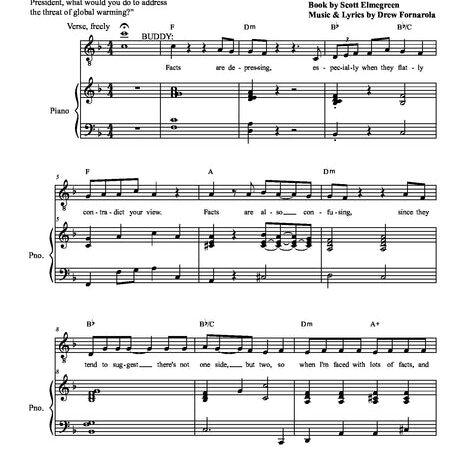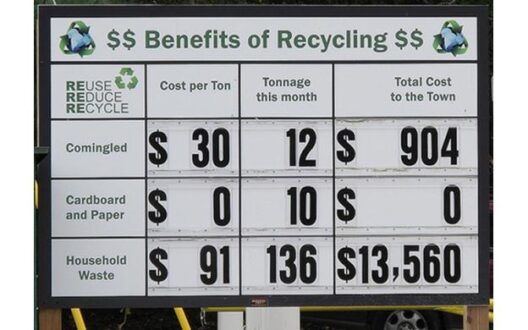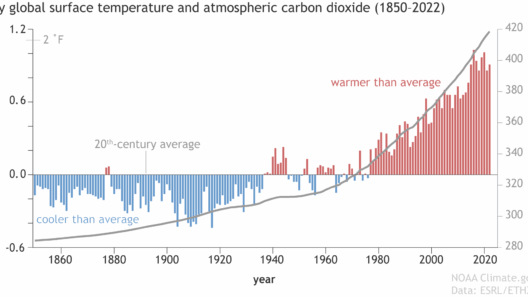Ray Stevens, a prominent figure in the world of novelty and country music, has carved a niche with his whimsical and satirical take on various societal issues. Known for his playful hit songs like “The Streak” and “Ahab the Arab,” Stevens employs humor as a lens through which serious themes can be examined. Given his proclivity for addressing topical subjects, one might wonder: did Ray Stevens write a song about global warming?
At first glance, one might dismiss the notion. After all, Stevens’ discography primarily consists of light-hearted tunes that often poke fun at contemporary culture. However, upon closer examination, one can find a thematic thread that connects some of his works with environmental issues, albeit indirectly. It is crucial to assess the intersection between environmental concerns and cultural commentary in Stevens’ repertoire.
To address the question, let’s delve into the essence of Stevens’ artistry. Throughout his career, he has employed clever lyrics and catchy melodies to challenge the status quo. Songs like “We the People” serve as an example where Stevens critiques political correctness and addresses broader social issues. Environmentalism, especially with regards to climate change, has, in recent years, emerged as a significant societal concern. This begs the question: could Stevens, with his keen observations of society, address global warming without resorting to the conventional seriousness typically associated with the subject?
While Stevens may not have authored a direct anthem tackling the nuances of global warming, he has engaged with environmental themes in some of his more recent works. In this context, interpreting his songs through an environmental lens reveals an opportunity to discuss the underlying messages about our planet. In poising humor against gravity, he invites listeners to reflect on their stewardship of Earth.
One potential avenue to examine is the role of satire in environmental discourse. Satire has historically been an effective tool to critique societal norms and provoke thought. Stevens’ brand of satire could serve to illuminate the absurdities surrounding high-profile environmental issues, such as climate change. If one were to imagine a hypothetical Ray Stevens song about global warming, it might feature humorous anecdotes illustrating the denial of climate science. By presenting ludicrous scenarios, the intent would be clear—highlighting the urgency and seriousness of the issue through the lens of comedy.
In juxtaposing humor with dire facts, a playful question arises: can a person genuinely engage with the idea of global warming while simultaneously acknowledging its gravity? Stevens’ oeuvre suggests that perhaps laughter can coexist with activism. The challenge lies in translating that laughter into action, urging audiences to convert their chuckles into concrete efforts toward environmental stewardship.
Moreover, Stevens’ approach elucidates the generational shift in how environmental issues are addressed within music. Today, many artists weave climate concerns into their lyrics, often utilizing a more earnest tone. This raises another intriguing question: do audiences respond more vigorously to serious pleas or to the lighthearted coaxing of a clever narrative? This inquiry not only pertains to Stevens but also to the broader musical landscape—a challenge for artists aiming to engage audiences effectively on pressing issues.
The notion of climate change has often been perceived as daunting—its complexities can be overwhelming. Thus, perhaps a more jocular approach, reminiscent of Stevens’ style, could serve as a bridge to understanding and action. If humor can provoke thought and inspire change, one might argue that artists should consider a hybrid approach, incorporating both earnestness and levity into their works. This strategy may function to dismantle the apathy often associated with discussions surrounding climate change.
In the realm of environmental activism, creative expression remains a potent catalyst for fostering awareness. Songs inspired by scenarios of exaggerated climate crises could serve to engage wider audiences. One could envision a tune that whimsically portrays the absurdity of everyday actions that contribute to global warming. Such a song could resonate on various levels, prompting listeners to reconsider their behaviors while simultaneously providing much-needed levity.
Furthermore, the role of music in activism extends beyond mere lyrics. The power of melody has the ability to unite individuals in shared experience. If Ray Stevens were to compose a piece focused on global warming, would it not act as a rallying cry? In marrying humor with environmental advocacy, one might envision a community that is both informed and entertained. This duality is what could invigorate the stagnant dialogue surrounding climate change.
Ultimately, while Ray Stevens may not have written a song explicitly titled “Global Warming,” the exploration of his artistic legacy reveals a nuanced relationship between humor and activism. His body of work challenges us to contemplate how we talk about pressing issues, providing a strong argument for the integration of humor in environmental advocacy. The playful question posed earlier swiftly converts into an actionable challenge: How can we employ creativity to navigate the labyrinth of climate discourse, ensuring that our message resonates without losing sight of its urgency?
In conclusion, the interplay of entertainment and activism invites reflections on our collective responsibility toward the Earth. As the truth of climate change looms heavy, the path forged by artists like Ray Stevens illustrates the potential for laughter woven seamlessly into the fabric of meaningful discourse. Indeed, the quest for solutions to one of the most pressing issues of our time may benefit from a dose of humor along the way.








